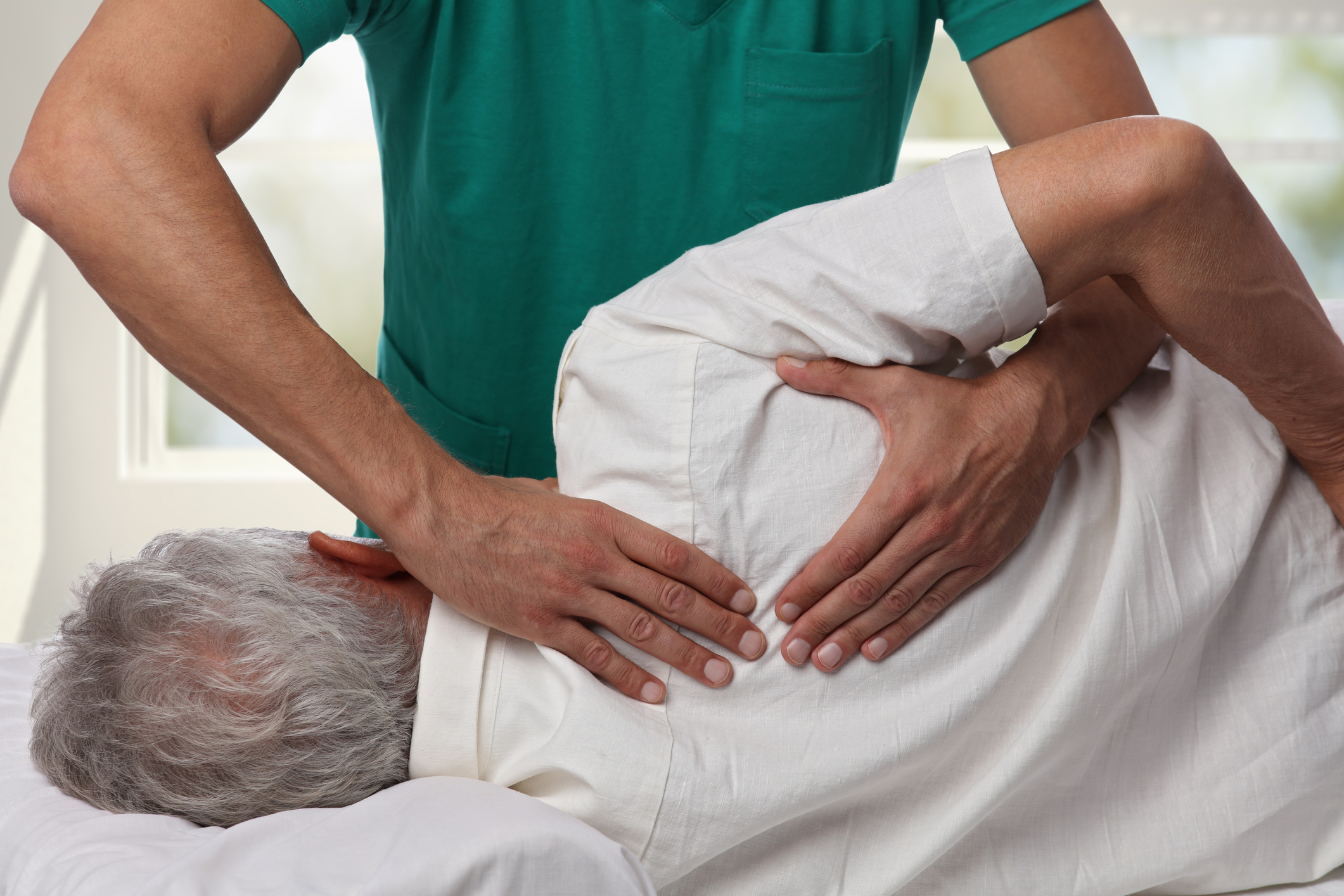Fatigue

What is cancer-related fatigue?
Fatigue is when you lack energy and feel very tired or sometimes totally exhausted. Fatigue is common during and after cancer treatment.
You may get tired quickly and not feel better after resting and sleeping. You may find it hard to do simple, everyday things, which can be distressing.
What causes fatigue?
Cancer-related fatigue can have many causes. Often a number of things contribute to it. These include:
- The cancer itself
- Cancer drugs like chemotherapy or targeted therapies
- Surgery – You may feel very tired when you’re recovering from surgery
- Radiotherapy. Fatigue can build up during a course of radiotherapy. Travelling to and from the hospital can also add to your tiredness
- Not eating well. Eating difficulties and poor nutrition can contribute to fatigue. We have a booklet Diet and Cancer, which has tips on eating well during and after cancer treatment
- Low levels of red blood cells (anaemia), due to the cancer or its treatment
- Not sleeping well. This may be due to side-effects of cancer treatment, or it may be caused by worries about your illness, or your finances, for example.
- Dealing with difficult emotions and feeling depressed, anxious or stressed
- Lack of exercise –physical activity can help build your stamina, improve your mood and reduce your fatigue
What are the signs of fatigue?
Fatigue can affect people in different ways. For example:
- You feel as if you have no energy and could spend whole days in bed.
- You cannot complete even small tasks. Brushing your hair, showering or cooking can seem impossible.
- You still feel tired after resting or having a full night’s sleep.
- You have trouble thinking, speaking or making decisions.
- You find it difficult to remember things.
- You find it hard to concentrate – this can make it hard to work and do other things you enjoy, like reading or watching TV.
- You feel breathless after only light activity. You may feel dizzy or lightheaded.
- You have trouble getting to sleep (insomnia).
- You lose your sex drive.
- You feel sad and depressed. Anxiety and depression are commonly associated with fatigue.
- You feel impatient or irritable with friends, family and other people around you.
- You have no energy for socialising.
How long does fatigue last?
Sometimes fatigue improves soon after treatment, but some people still feel tired for months or even years after their cancer treatment has ended. Fatigue can also develop some time after treatment.
How long fatigue lasts varies from person to person and also depends on what’s causing it.
Longer-lasting fatigue
Feeling fatigued immediately after cancer treatment is very normal, but if the fatigue carries on for more than 6 months, it’s important to understand the factors that are contributing to it. This longer lasting fatigue is called persistent cancer-related fatigue.
There may be a number of factors contributing to your fatigue. Some can be directly targeted/managed, while you may need to learn to work around others.
Psychological interventions have been shown to be among the most helpful for cancer-related fatigue that lasts more than 6 months after treatment (persistent cancer-related fatigue). Your medical team may refer you to hospital psycho-oncology services who can support you. Some psycho-oncology services offer patient workshops on managing persistent cancer-related fatigue.
Tell your doctor or nurse if fatigue is affecting you, so they can find the cause and give you advice and treatment to help.
What should I do if I have fatigue?
- Tell your doctor / cancer nurse – treating the physical and psychological causes of fatigue can help to reduce it.
- Look after yourself – get plenty of rest, try to do some exercise and eat well.
- Take care of your mental health. Get support if your mood is low or you’re feeling depressed, stressed or anxious.
- Plan your days to make things easier.
- Let other people help you if you’re feeling tired.
Treatments for fatigue
Some treatments can help with fatigue, depending on what’s causing it.
- Blood transfusion. If you’re fatigued because you have a low red blood cell count (anaemia), having an infusion of blood can make you feel better.
- Nutritional advice. If you’re not eating well, a dietitian may be able to give you some advice to help you get the nutrients and calories you need from your diet or prescribe build-up drinks to keep up your energy and strength. They can also advise you about any supplements you might need.
- Hormone or steroid treatment. Some types of surgery and certain immunotherapy and hormone therapy drugs can affect your hormone levels, which can leave you feeling tired. You may need hormone supplements or steroids to improve your fatigue.
- Pain relief. If pain is causing or adding to your fatigue, managing the pain may help it. There are many good painkillers available. Depending on what's causing your pain, surgery, radiotherapy or chemotherapy may help too.
- Complementary therapies. Some complementary therapies may help relieve fatigue, depending on what’s causing it. For example, gentle massage, yoga or mindfulness. Check with your medical team first, to make sure the therapy you’re thinking about is safe for you. Read more about complementary therapies.
Tips to help with fatigue
- Ask your doctor about exercising. Being active can help with fatigue. Your doctor may also be able to recommend an exercise programme for you.
- Note when your energy levels are best. Decide which tasks are important to finish and plan to do them when you have most energy.
- Ask for help at work or at home with any jobs that you find tiring.
- Try to eat a well-balanced diet. Eat little and often if your appetite is poor. Our booklet Diet and cancer has tips to help.
- Mind your mental health. Talk to friends and family about any worries you have and take time to enjoy yourself. Counselling may help too. If you're finding it hard to cope, tell your doctor.
- If you are not sleeping well, have a good bedtime routine and try relaxation techniques. Avoid stimulants like caffeine and alcohol in the evening and try not to use electronic devices for an hour before bedtime.
- Short naps (less than an hour) and rest periods can be helpful, as long as they don’t stop you from sleeping at night.
- Try complementary therapies such as meditation, acupuncture or massage, if your doctor says they’re safe for you.
- Keep a diary of your energy levels: Keep a note of the times when you feel most and least tired. This can help you to plan your activities. Your doctor may also find your fatigue diary useful. There are diary pages you can print and fill in at the end of this section.
See our Coping with fatigue booklet for more information on fatigue.
Exercise and fatigue
Exercise has been proven to be helpful in relieving fatigue and improving your mood. If your illness allows you to do physical activities, try to get some exercise on a regular basis. For example, a 30-minute walk 5 days a week.
Research shows that a mixture of aerobic activity (activity that gets your heart and lungs working) and resistance activity (activity that builds your muscles) can improve cancer-related fatigue. Examples of aerobic activity are walking, running, cycling and swimming. Examples of resistance activity are using weights, using resistance bands and exercises that use your body weight, such as push-ups and squats.
Check with your doctor to see what kind of exercise is best for you. Your doctor or nurse may refer you to a programme where you can get an exercise plan tailored to your needs and support to help you. You can also ask our cancer nurses for information on supervised exercise programmes in your area.
Mental health and fatigue
Anxiety, depression, stress and tension can all contribute to fatigue, so it’s important to look after your mental health as well as your physical health if you are feeling fatigued.
Getting mental health support can help with fatigue and getting help to manage your fatigue can help your mental health. For example, sometimes fatigue can be a sign of depression and sometimes fatigue can cause depression.
Call our cancer nurses if you need to talk. They can tell you about free counselling and other supports that might help you. Call our Support Line or call into a Daffodil Centre.
Your GP and medical team can also help you. They may refer you to a counsellor or a psycho-oncology service if you need more support. In some cases, psychological therapy with a psychologist and/or medication may be helpful.


For more information
Phone
1800 200 700



